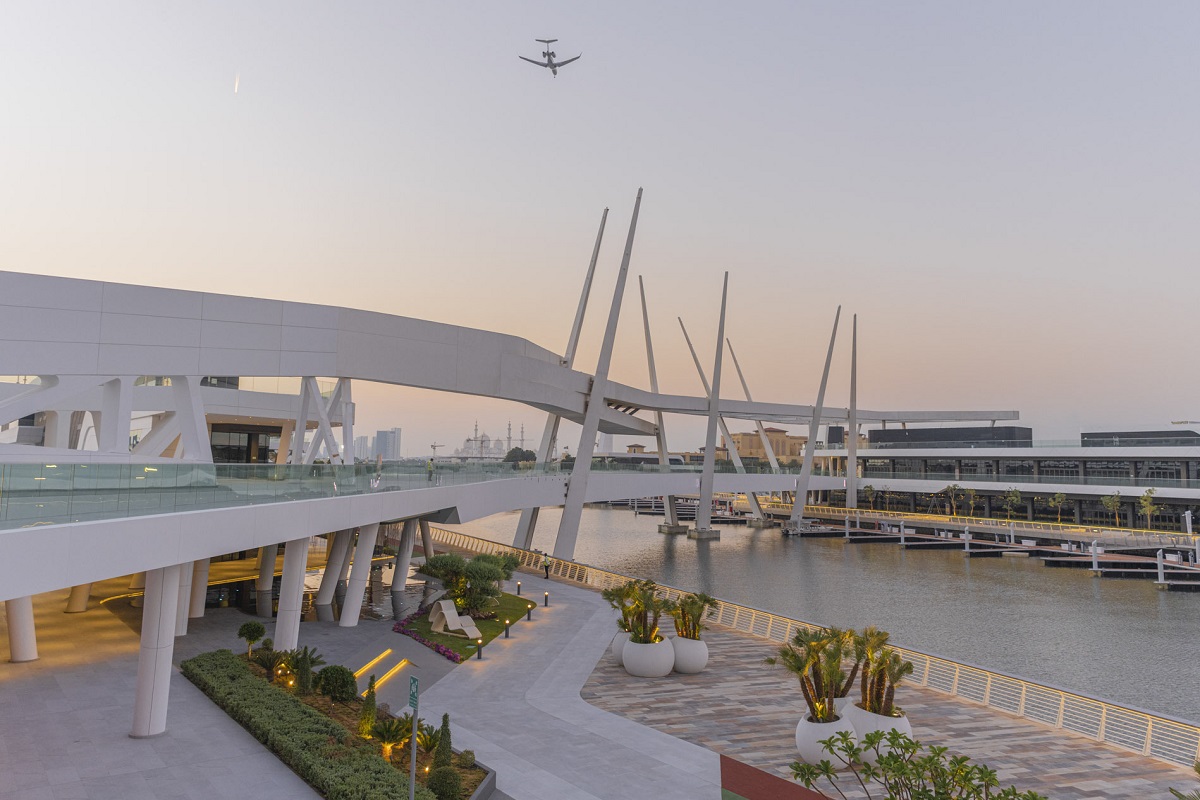Amidst the glimmering skyline of the Middle East, where towering skyscrapers stand as symbols
of modern innovation, a hushed transformation is underway. The region's relentless pursuit of
architectural excellence and sustainability has given rise to a remarkable movement: the rise of
Spanish ceramic tiles as a quiet yet potent force reshaping the very fabric of design, luxury, and
environmental responsibility.
A Silent Revolution with Loud Impacts
In a region marked by rapid urbanization and grandeur, theres an escalating concern about the
environmental toll. The Middle Easts insatiable appetite for progress is met with a growing
realization – the need for sustainable development. At the heart of this transformation, Spanish
ceramic tiles are proving to be catalysts of change.
The journey toward sustainability is underscored by impressive figures. The GCC’s ceramic tiles
market is projected to surge with a staggering CAGR of 7.9% by 2028, fueled by a swelling
demand for eco-friendly construction materials. This signifies more than just market dynamics; it
reflects the regions collective shift towards a more eco-conscious future.
But statistics arent mere numbers; they represent a change taking root. Spanish ceramic tiles
have already made a significant impact on the UAEs tile market – a sign that the tides are
turning. As awareness of the myriad benefits associated with sustainable tiles continues to gain
traction, these numbers are likely to surge further, leading to a transformative architectural shift.
The use of eco-friendly materials like Spanish ceramic tiles is set to spark a major change in
architecture, matching the rising environmental consciousness and the desire for a greener
future in the GCC region.
Sustainability in Focus: UAE and KSA Lead the Way Ahead of COP28
As the global spotlight converges on COP28, the Middle East emerges as a beacon of
sustainable transformation, with the United Arab Emirates (UAE) and Saudi Arabia (KSA)
leading the charge.
With a resolute commitment to decreasing its carbon impact, the UAE has set ambitious targets,
including a net-zero emissions objective by 2050. A pivotal player in this endeavor, Dubais
Supreme Council of Energy (DSCE), has launched an ambitious initiative to retrofit 30,000
buildings by 2030. Notably, these efforts are projected to yield a remarkable reduction of 1
million tonnes of CO2 emissions.
Furthermore, KSAs substantial concentration of Gold and Platinum LEED-certified buildings
signifies a strategic push for green architecture. This approach aligns perfectly with the countrys
goal to reduce carbon emissions by 28% by 2030.
Al Qana: A true example of sustainable luxury in Abu Dhabi
In the heart of Abu Dhabi, Al Qana shines as a prime example of sustainable elegance. Created
by architect Tony Abi Gebramel and designer Jacqueline Saad Abi Gebramel, it showcases the
potential of Spanish ceramic tiles. These tiles have turned luxury into a blend of tradition and
modernity. Al Qanas dedication to its cultural heritage mirrors Porcelanosa’s and Tile of Spains
commitment to sustainability.
Beyond perfect aesthetics, Al Qanas intelligent design, supported by Spanish ceramic tiles
crafted from sustainable materials, goes beyond redefining luxury – it prominently demonstrates
environmental responsibility. With smart energy systems and timeless design, it embodies
responsible luxury, resonating with a region dedicated to achieving equilibrium between
progress and environmental stewardship.
A Promising Horizon
As the Middle East carves its trajectory through innovation and design, Spanish ceramic tiles
emerge as an emblem of hope. Their quiet presence weaves narratives of beauty, luxury, and
environmental accountability. In a realm that hungers for sustainability without compromising on
allure, the Spanish ceramic revolution is no longer a whisper – its a clarion call for change.
These tiles are more than just building materials; theyre agents of transformation, crafting a
harmonious marriage between aesthetics and environmental stewardship.
The journey has just begun. With every tile laid, the Middle East inches closer to a reality where
innovation, design, and sustainability coalesce into a harmonious symphony, resonating through
the landscapes of progress.
About Tile of Spain

 World2 years ago
World2 years ago
 World2 years ago
World2 years ago
 Entertainment7 years ago
Entertainment7 years ago
 World7 years ago
World7 years ago
 Entertainment7 years ago
Entertainment7 years ago





